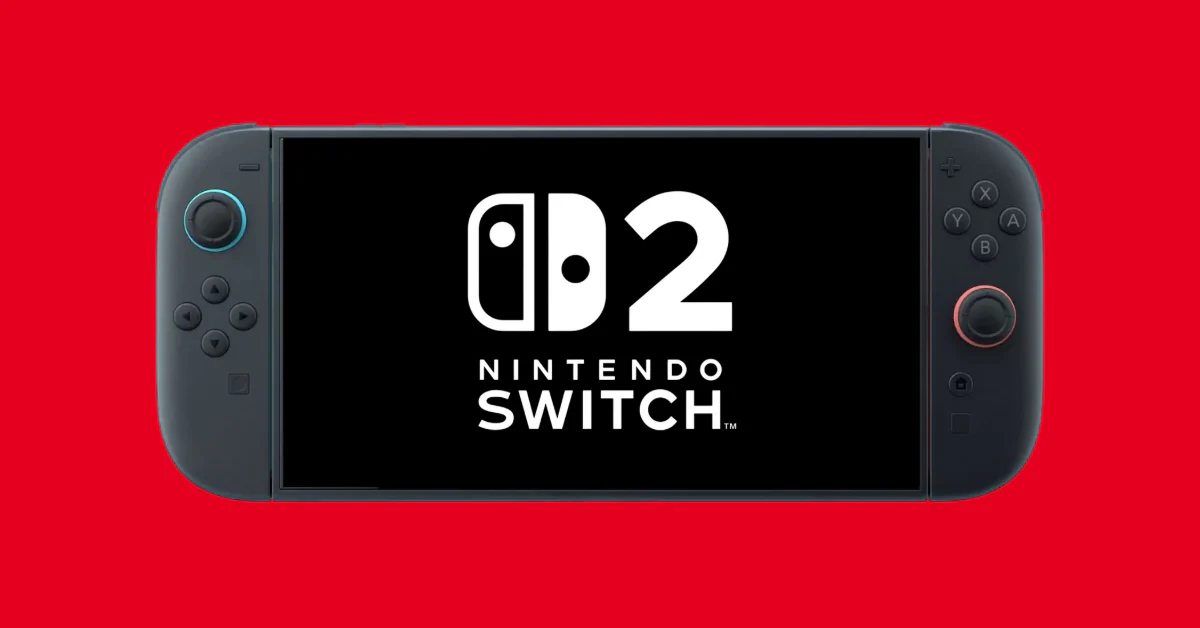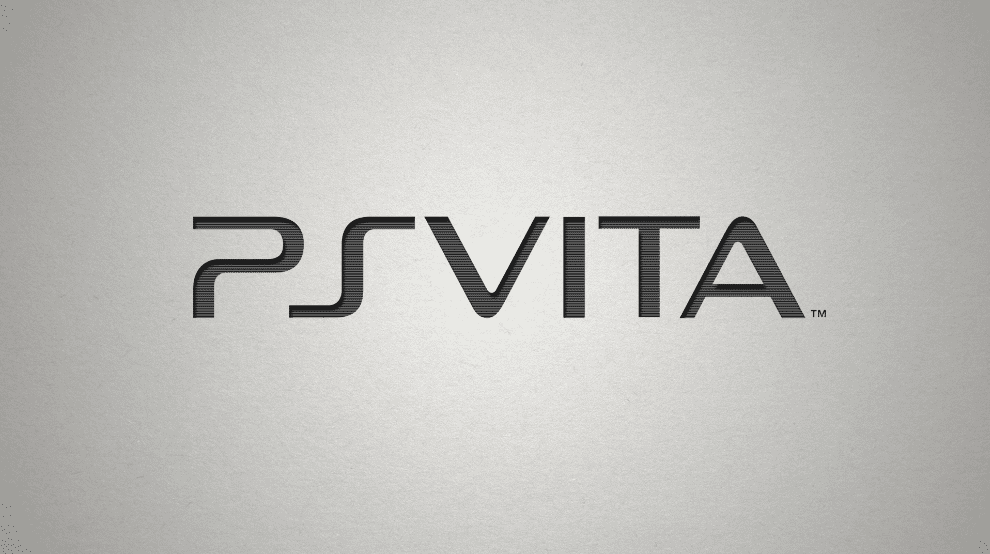The challenges facing the Ghanaian video gaming community and possible solutions amidst the high USD to GHS exchange rate.

The high USD to GHS exchange rate is not only affecting the overall Ghanaian economy but also impacting the video gaming community in the country. Video gaming has become increasingly popular in Ghana, with many young people turning to gaming as a source of entertainment and even as a career. However, the high exchange rate is making it difficult for gamers to access the latest games and equipment, ultimately affecting the growth and sustainability of the industry.
One of the major challenges facing Ghanaian gamers is the high cost of gaming equipment and consoles. Most gaming equipment and consoles are imported, and the high USD to GHS exchange rate means that they are more expensive in Ghana. This makes it difficult for gamers, especially those with lower incomes, to purchase the latest equipment and consoles necessary to play the latest games.

Furthermore, the cost of video games has also increased due to the high exchange rate. Most video games are sold in USD, and this means that the cost of games has gone up significantly in Ghana. This has made it difficult for gamers to purchase the latest games, and many are turning to piracy as a way to access games at a more affordable price. This, in turn, is hurting the gaming industry as a whole, as game developers are losing revenue due to piracy.
Moreover, the high exchange rate is also making it difficult for local game developers to compete globally. Many Ghanaian game developers rely on foreign investors to fund their projects, and the high exchange rate makes it difficult to attract foreign investment. Additionally, Ghanaian game developers need to purchase software licenses and other equipment necessary for game development, which is also more expensive due to the high exchange rate.
The impact of the high USD to GHS exchange rate on the video gaming industry in Ghana is significant, and it is hindering the growth and sustainability of the industry. To address this issue, the Ghanaian government needs to take measures to stabilize the exchange rate and make gaming equipment and consoles more affordable for Ghanaian gamers. The government could consider reducing taxes on gaming equipment and consoles, as well as promoting local game development to reduce reliance on foreign investment.

In conclusion, the high USD to GHS exchange rate is having a negative impact on the video gaming industry in Ghana. It is making gaming equipment and consoles more expensive, driving up the cost of video games, and making it difficult for local game developers to compete globally. The government needs to take measures to stabilize the exchange rate and make gaming more affordable for Ghanaian gamers to ensure the growth and sustainability of the industry.
To stay informed about the gaming scene in Ghana, we encourage you to subscribe to our newsletter. By doing so, you will receive regular updates and insights on the latest games, events, and industry happenings.
So don’t miss out on the chance to be part of this exciting and dynamic industry. Subscribe today and stay ahead of the game!




